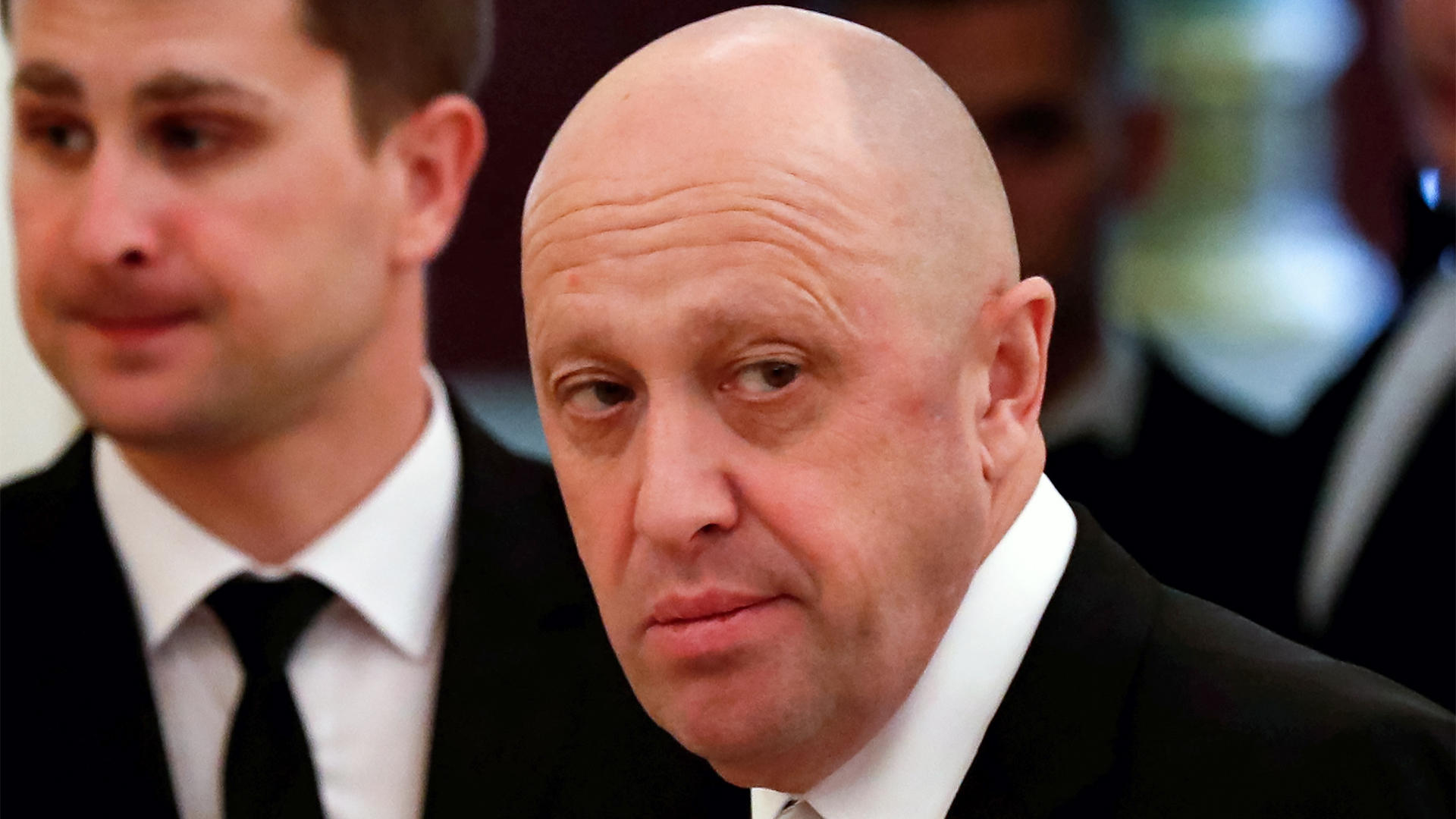The two guests of the “Beyond the News” program linked the ongoing exchange between the Wagner Group and the Russian army to a personal ambition of the group’s leader, Yevgeny Prigozhin, to assume a ministerial position, and they ruled out that this would affect the course of the Russian war in Ukraine.
Prigozhin accused the Russian Minister of Defense and Chief of Staff of trying to destroy his group and deprive its fighters in Ukraine of ammunition, which he described as high treason.
These accusations came in conjunction with the pivotal battles waged by Wagner's fighters around Bakhmut, and with President Vladimir Putin's pledges to move forward with the Ukraine war, in conjunction with the one-year anniversary of its launch.
In his reading of the statements of the Wagner commander, the military and strategic expert Major General Fayez Al-Duwairi said in his interview with the episode (21/2/2023) of the “Beyond the News” program that the differences between Wagner and the military leadership in Russia began since the battle of the city of Solidar in the Donbass region (eastern Ukraine), But it did not appear in public, considering that what sparked it now was Prigozhin’s personal ambition and his desire to take over the position of Minister of Defense, according to what reports revealed.
According to Al-Duwairi, the political ambition of Wagner's leader appears with the achievements of his forces on the battle fronts in Ukraine, as they succeeded as the Russian regular army failed in the Donbass region in 2012 and 2014, in the Crimea and in the town of Solidar, indicating that Prigozhin selected fighters from prisons in exchange for a contract. For 6 months, he assigned them dirty tasks in Ukraine, describing Wagner as a transnational company.
Al-Duwairi also referred to reports he described as unconfirmed about Wagner working in 30 countries, but it is certain that she worked in 10 countries, including Syria, Libya, Madagascar, Mozambique and Central Africa.
Wagner considers Russia's project to work outside the borders, and it is a tool of the Russian political and intelligence leadership, according to Al-Duwairi.
Prigogine will lose the battle
For his part, the professor of security and military studies, Dr. Omar Ashour, referred to the political ambition of the Wagner commander, which made him attack the leaders of military regions, and what sparked the situation in the recent period between him and the Russian military leadership was the retreat of the Russian regular forces in some Ukrainian regions such as Kharkiv and Kherson in southern Ukraine.
While he ruled out that the dispute between Wagner and the Russian military leadership would affect the course of the war in Ukraine, Ashour saw that the loser in the current conflict is Prigozhin, because he is under pressure and his opponents in the regular army accuse him of not achieving anything on the Bakhmut front in the Donbass region in eastern Ukraine and causing great losses, noting. He complains that the shells do not reach him, unlike what was happening to him in the Libyan case.
He also stressed that Russia lost strategically in its war on Ukraine, as it did not enter the capital, Kiev, and was unable to change the regime there.
Prigozhin - according to Ashour - does not have any official political position, and what he does is that he enters prisons and mobilizes fighters for his group, and between 30 and 35 thousand have signed contracts with Wagner to serve in Ukraine.

